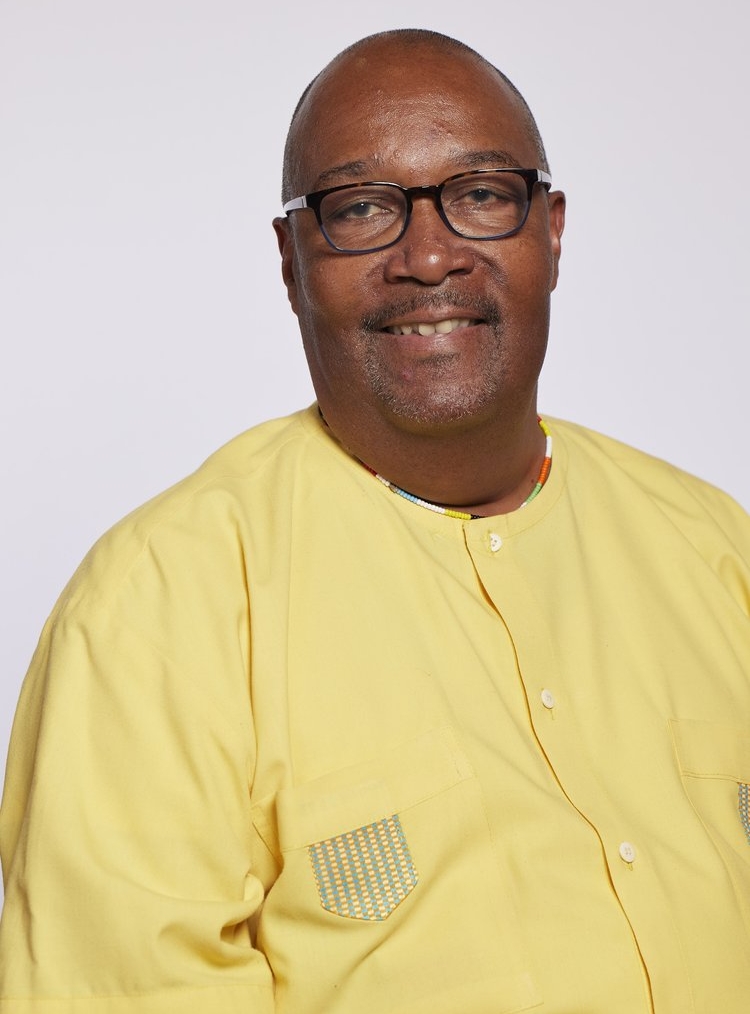Message from the Vice Provost

Kwesi Brookins, Vice Provost for University Outreach and Engagement
Collaborating Across Disciplines to Transform Communities
A Q-and-A with Kwesi Brookins
Kwesi Brookins, vice provost for University Outreach and Engagement (UOE), discusses community psychology and how it influences the direction of UOE. Brookins has dedicated his career to learning about people’s interactions with their communities and is looking forward to welcoming colleagues across disciplines to the biennial conference of the Society for Community Research and Action (SCRA) in June 2025. The call for proposals opened on December 6 and will be available until January 18, 2025!
What is community psychology?
Psychology tends to focus on human behavior, studying the mind and individual differences. Community psychology extends beyond that into ways in which psychology, as a discipline, can best serve communities and the people in those communities. When we think about psychological or social problems that human beings have, we realize that most of those problems are centered around people’s experiences in the community.
What drew you to this field?
Growing up in Chicago, I lived in a predominantly African American part of town. Most of my experience was in a middle-class African American community, which I saw as a nurturing and healthy community. It wasn’t until I began to learn more about the world and encounter other communities, particularly white communities, that I began to see the differences and ask questions, particularly around race.
So, when I went to undergrad school at Bradley University in Peoria, Illinois, I studied psychology because of that interest, and as I continued to study psychology, I realized that the individual-level focus was not helping to answer the questions that I had about why people are the way they are. One of my professors gave me a brochure about a program here at Michigan State called ecological-community psychology, which described the idea that people are shaped by their environments.
I was fortunate to be admitted to that program and knew then it was a pathway to help me continue to answer some of those questions I originally had. It provided the guidance I needed to think about psychology beyond the individual level.
How does your scholarship as a community psychologist influence your vision for UOE?
One of the features of MSU’s ecological-community psychology program is from day one, you're working in communities and using scientific research to collect data related to your research questions. Over the years, I did a lot of intervention research with communities focused on health and well-being, and with a particular focus on African American communities.
Although our research provided scientific evidence for the success of those interventions, it was more difficult to embed those interventions into community structures that were organic and sustainable. In other words, how can an intervention transition from being an exceptional addition to people’s experience to a normal part of community life? Over time, that led me to administrative roles at my former university that helped leverage institutional resources to support engaged scholarship designed to support sustainable community development.
University Outreach and Engagement at MSU is built on this idea of engaged scholarship, which is essentially what community psychology has been doing all along. So, the fit was a natural one and in many ways my return to MSU has been a full circle opportunity.
What should faculty and staff know about the upcoming Society for Community Research and Action Conference at MSU?
The SCRA conference is a deliberate effort to invite scholars, researchers, faculty, staff, and students from all disciplines, along with community partners, to engage with us in addressing issues that individuals and communities face.
We want to learn about the multidisciplinary ways that we can engage and work with communities in positive and proactive ways that contribute to transformative change. So, we welcome everybody across campus to join us in this co-learning exercise.
At Michigan State, engaged scholarship exists in every corner of the university. For instance, the Department of Public Health does a tremendous amount of good work in and with communities, particularly in Flint and beyond. And our colleagues in social work, the Broad College of Business, and even the College of Engineering do a tremendous amount of community-based programming and research.
There are so many ways that we have an impact on people. And so those are lessons that we community psychologists need to learn. The conference is an opportunity to find ways we can partner across all disciplines that are engaged in transforming communities.

Kwesi Brookins,
Vice Provost for University Outreach and Engagement